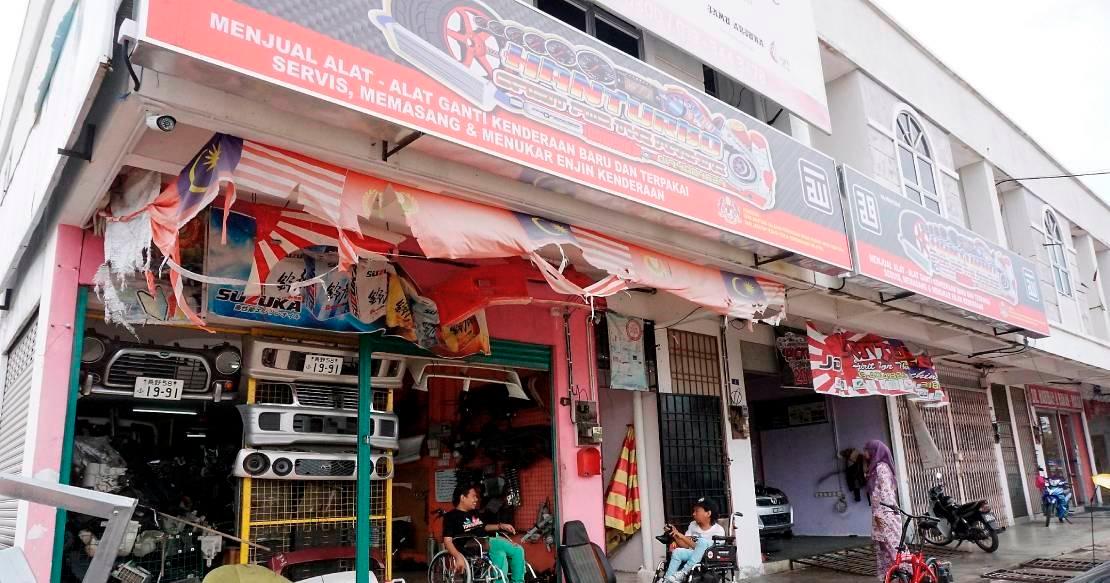PETALING JAYA: The Small and Medium Enterprises Association of Malaysia (Samenta) has urged the government to make Budget 2026 a truly pro-SME and pro-growth budget, focused on easing financial pressures, improving access to credit, and supporting intra-Asean trade; while avoiding new taxes that could slow recovery.
National president Datuk William Ng said the recently released Samenta SME Outlook Survey shows that while 65% of SMEs believe the economy is on the right track, many are still struggling with tight liquidity and rising costs.
“Seven in 10 SMEs have less than six months of cash reserves. As such, this is not the time for new taxes or additional compliance burdens,” he emphasised.
He said Budget 2026 should focus on cash flow relief and competitiveness, rather than new revenue measures.
“Any form of new or expanded tax would further erode the resilience of our SMEs. Instead, the government should expand access to affordable financing. We urge the government to increase the capacity and coverage of the credit guarantee schemes so that more SMEs can obtain financing without heavy collateral requirements,” Ng said.
Despite being the closest neighbour, he noted that intra-Asean trade remains around 21%.
“The recent tariff challenges and supply chain disruptions have highlighted the urgency to near-shore production and strengthen regional supply chain. We call on the government to provide tax incentives for expenses related to developing intra-Asean markets and supply chains. This will encourage SMEs to invest in regional partnerships, joint ventures, and export networks within Asean,” he added.
He opined that this is even more crucial given the intention to move from ‘Made in Malaysia’ to ‘Made by Malaysia’.
“Assistance must move beyond traditional support for local manufacturing to enabling innovation, intellectual property development, and globalisation of Malaysian brands,” he noted.
Samenta’s key recommendations for Budget 2026 include no new or expanded taxes that increase compliance or cost burdens on SMEs; expansion of credit guarantee schemes and introduction of revenue-based or unsecured lending to widen access to financing; support for small-scale automation and digitalisation through co-funding, training, and advisory programmes; and tax incentives for ESG adoption such as deductions or preferential loan rates for SMEs meeting sustainability milestones.
Samenta also recommended recognition of intra-Asean market development expenses as deductible costs to encourage regional expansion and supply chain participation; and regional balancing, ensuring SMEs in the East Coast, Sabah, and Sarawak receive equal access to infrastructure, financing, and training.
As the first budget under the 13th Malaysian Plan, Ng said, Budget 2026 must help SMEs move from survival to competitiveness, and from being suppliers to becoming innovators and regional players.
“We don’t need more one-off grants; we need an ecosystem that rewards innovation, digitalisation, and regional integration. SMEs are Malaysia’s backbone. A supportive, inclusive, and regionally focused Budget 2026 will not only sustain us but also drive Malaysia’s long-term competitiveness across Asean,” he added.
Ng assured that Samenta is ready to work with the government to translate Budget 2026 policies into real impact on the ground.









